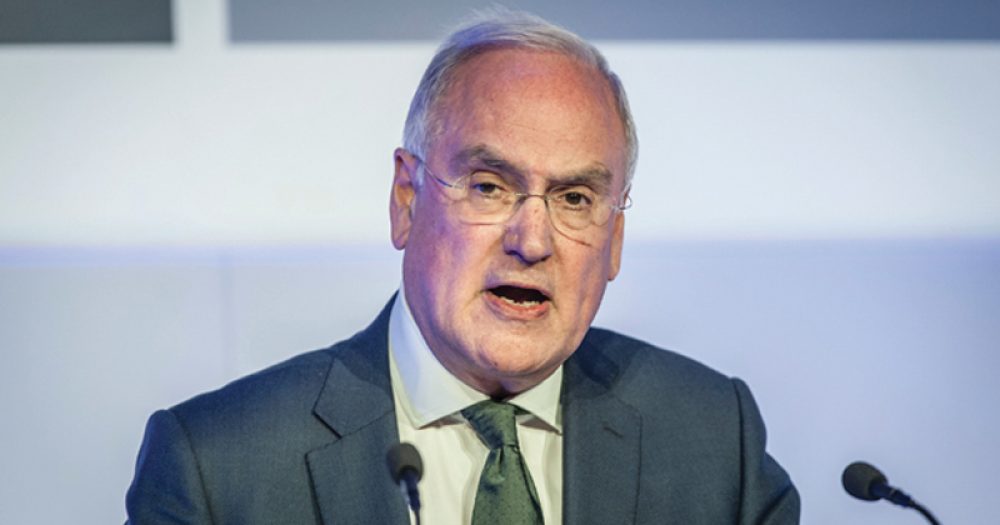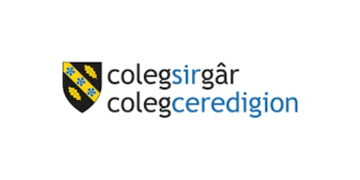Schools that fail to meet the needs of their brightest pupils should be banned from setting up an academy trust, Ofsted chief inspector Sir Michael Wilshaw has said today.
Wilshaw used his latest monthly commentary blog to raise concerns over schools failing to “challenge the underperformance of our brightest children”.
He urged the government to consider bringing back external national testing at key stage 3, and vowed Ofsted will mark down schools failing their top performers.
But his suggestion that these schools should be banned from creating academy trusts and taking over other schools, could prove the most controversial.
It’s the latest example of the Ofsted chief entering into the realm of the national schools commissioner Sir David Carter – who is leading government efforts to attract more academy sponsors.
Earlier this year Wilshaw questioned the lack of information available about regional schools commissioners (RSCs), who he called “faceless”, telling a Parliamentary committee he was “not clear” what they do “other than re-broker failing academies”.
Potentially reigniting the row with Carter, Wilshaw said today: “As this issue is so important to the nation, I believe that policy-makers should consider whether there ought to be further sanctions applied to schools that consistently fail their brightest children.
“For example, should schools that fail to meet their responsibilities towards their most able pupils be allowed to set up an academy trust?”
He said while the suggestion might be “draconian”, he added “unless we get this right as a nation, we will not only continue to let down thousands of our most able pupils but also thwart any ambition to match the productivity levels of our international competitors”.
He also said it was a mistake to abolish key stage 3 testing.
“If we are serious about helping all disadvantaged children, but especially the most able, to learn well and unlock their full potential, we need to know how they are doing at 14 as well as at seven, 11 and 16.”
This suggestion has been met with caution from the sector, Malcolm Trobe, interim general secretary of the Association of School and College Leaders, said: “The amount of formal testing is already onerous and the accountability system is fearsome.
“These top-down ‘solutions’ have been tried too often over complex issues which require a more sophisticated approach.”
Wilshaw cited two Ofsted surveys, from 2013 and 2015, in his blog that he said found thousands of pupils achieved well at primary school, but were failing to reach their full potential after the age of 11.
He said they found disproportionate effort was being spent in many schools on getting pupils over the GCSE C/D borderline, with some schools harbouring a culture of low expectations and a failure to nurture high ambition.
But he said “little progress seems to have been made” since the surveys.
“We have to muster all our efforts to challenge the underperformance of our brightest children. Ofsted will continue to play its part by ensuring that the progress and attainment of the most able pupils is front and centre of all school inspections.
“Schools that fail to get this right will be marked down.”








Possibly the high achievements at the end of Y6 are the result of months of coaching ‘ booster classes’ etc so that they are unrealistic measures?
‘Ofsted will continue to play its part by ensuring that the progress and attainment of the most able pupils is front and centre of all school inspections.’ Yeah as well as everything else such as PP. That’s the problem, the priority is everything!!